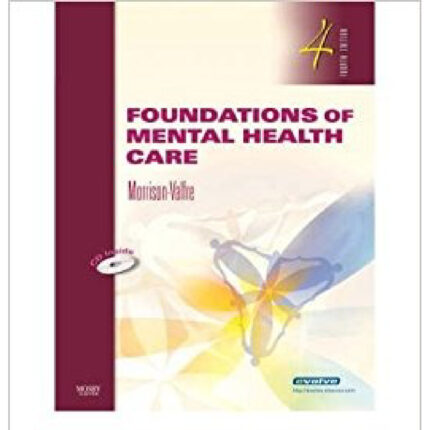1) In an experiment in which participants were insulted either before or after they learned that the offender was upset due to a low grade (Johnson & Rule, 1986), participants were more likely to retaliate when the situation was explained to them after the insult. These results support the idea that provocation is less likely to result in an aggressive response when
A) those who provoke us apologize before we are provoked.
B) those who provoke us apologize after we are provoked.
C) we learn of mitigating circumstance ahead of time.
D) we can empathize with those who provoke us.
E) those who provoke us have an excuse for their behaviour.
Answer: C
Type: MC Page Ref: 234 Skill: Recall Difficulty: Easy
2) Two necessary preconditions for an action to be viewed by social psychologists as “aggression” include _______ and _______.
A) intention to cause pain; success in doing so.
B) actual harm; intention to cause pain.
C) physical pain; psychological pain.
D) intention to harm; psychological or physical pain.
E) physical pain; an emotional reaction.
Answer: D
Type: MC Page Ref: 312 Skill: Recall Difficulty: Easy
3) According to most social psychologists, aggression is defined as
A) any behaviour that inflicts emotional damage on another person.
B) behaviour intended to cause harm to or pain in another.
C) the intention to relieve frustration by harming another.
D) any action that results in physical or psychological pain in another.
E) the infliction of harm or pain on another.
Answer: B
Type: MC Page Ref: 312 Skill: Recall Difficulty: Easy
4) According to the social-psychological definition of “aggression,” which of the behaviours below is the best example of aggression?
A) A student is upset with their professor after they receive a failing grade.
B) One basketball player accidentally fouls another when he is trying to shoot.
C) A child throws a temper tantrum and tries to hit his father.
D) David is not paying attention and runs over the neighbour’s cat as he backs out of the driveway.
E) Amanda asserts herself with her boss and makes a spirited argument for a raise.
Answer: C
Type: MC Page Ref: 312 Skill: Applied Difficulty: Moderate
5) Which of the following is the best example of hostile aggression?
A) Bernie is angry at his mother and screams at her, “I hate you!”
B) Walter is angry and ignores a friend’s request for a favour until he calms down.
C) Angela threatens her younger brother to force him to give up his toy.
D) A lineman sacks a quarterback to put him out of the game.
E) An angry driver loses control and runs his car into a ditch.
Answer: A
Type: MC Page Ref: 312 Skill: Applied Difficulty: Moderate
6) _______ aggression is an act that stems from feelings of anger and that is aimed at inflicting pain.
A) Misplaced
B) Intentional
C) Malicious
D) Instrumental
E) Hostile
Answer: E
Type: MC Page Ref: 312 Skill: Recall Difficulty: Easy
7) _______ aggression is an act in the service of a goal that does not involve the infliction of pain.
A) Oblique
B) Misplaced
C) Social
D) Hostile
E) Instrumental
Answer: E
Type: MC Page Ref: 312 Skill: Recall Difficulty: Easy
8) Hostile aggression differs from instrumental aggression in that instrumental aggression
A) is more destructive than hostile aggression.
B) involves inflicting pain as a means to an end.
C) is more likely to result in retaliation.
D) often follows from anger or frustration.
E) usually involves inflicting only psychological pain, and not physical pain.
Answer: B
Type: MC Page Ref: 312 Skill: Recall Difficulty: Moderate
9) Which of the following is the best example of instrumental aggression?
A) Scott has a quick temper and gets into fights at parties.
B) Angry at her boyfriend, Liz destroys his stereo.
C) Karin runs over her neighbour’s cat.
D) An assassin kills a leader to ensure the success of a coup.
E) Andrea slaps Bob because she is offended at something he said.
Answer: D
Type: MC Page Ref: 312 Skill: Applied Difficulty: Moderate
10) Instead of getting into physical fights when they want to intimidate one another, adolescents sometimes spread vicious rumours to destroy the reputation of another student. These behaviours are an example of
A) extreme prejudice.
B) assertiveness.
C) instrumental aggression.
D) antisocial behaviour
E) hostile aggression.
Answer: C
Type: MC Page Ref: 312 Skill: Applied Difficulty: Difficult













Reviews
There are no reviews yet.